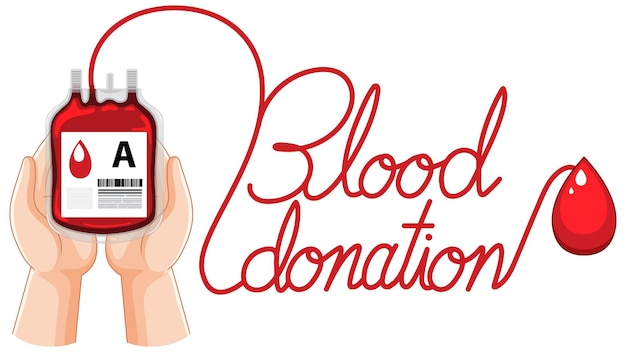Interesting Facts About AB Blood Type

People with AB blood type are known as universal recipients, as they can receive blood from any other blood type.
AB blood type is considered relatively rare, making up only about 4% of the population.
AB positive is the most common AB blood type, while AB negative is the rarest.
AB blood type individuals are believed to have a higher risk of developing certain cancers, such as stomach cancer.
People with AB blood type tend to have a lower risk of heart disease than those with other blood types.
AB blood type individuals are said to have a more adaptable immune system.
Individuals with AB blood type are known to produce less stomach acid than those with other blood types, which can affect digestion.
AB blood type individuals are believed to have a higher susceptibility to certain autoimmune diseases, such as lupus.
AB blood type is thought to have origins in both type A and type B blood types.
AB blood type individuals are more likely to have allergic reactions to certain foods, such as peanuts.
People with AB blood type may have a slightly higher risk of developing cognitive decline and dementia.
AB blood type individuals are said to have a more balanced personality, combining aspects of both type A and type B personalities.
AB blood type individuals tend to have a higher risk of developing blood clots.
People with AB blood type are more likely to have a higher level of von Willebrand factor, a clotting protein.
Interesting Facts About AB Blood Type part 2
AB blood type individuals are believed to have a higher risk of developing pancreatitis.
People with AB blood type are often sought as platelet donors, as their blood type is compatible with all others.
AB blood type individuals may have a higher risk of developing certain gastrointestinal disorders, such as Crohn’s disease.
AB blood type individuals are more likely to have a heightened sense of intuition and empathy.
People with AB blood type are known to have a higher risk of developing eczema.
AB blood type individuals are more prone to stress and anxiety than those with other blood types.
People with AB blood type tend to have a higher risk of developing esophageal cancer.
AB blood type individuals are more likely to suffer from issues with metabolism and weight management.
AB blood type is associated with a higher risk of developing kidney stones.
People with AB blood type are known to have a higher risk of developing allergies and asthma.
AB blood type individuals are believed to have a higher risk of developing cardiovascular diseases.
People with AB blood type may be more susceptible to infections and viruses, such as the common cold.
AB blood type individuals are believed to be at a higher risk of developing age-related macular degeneration.
AB blood type is associated with a higher risk of developing gallbladder diseases.
People with AB blood type are known to have a higher risk of developing liver diseases, such as cirrhosis.
AB blood type individuals may have a higher risk of developing metabolic syndrome.
People with AB blood type are more likely to have a higher risk of developing ovarian cancer in women.
AB blood type is associated with a higher risk of developing rarer blood disorders, such as paroxysmal nocturnal hemoglobinuria.
AB blood type individuals are believed to have a higher tolerance for caffeine and alcohol.
People with AB blood type may have a higher risk of developing skin cancer.
AB blood type individuals are more likely to have dental issues, such as enamel erosion and cavities.
AB blood type is associated with a higher risk of developing autoimmune thyroid diseases, such as Hashimoto’s thyroiditis.
People with AB blood type are known to have a higher risk of developing rheumatoid arthritis.
AB blood type individuals may have a higher risk of developing multiple sclerosis.
AB blood type is associated with a higher risk of developing endometriosis in women.
People with AB blood type are believed to have a higher risk of developing sleep disorders, such as sleep apnea.
AB blood type individuals may be more prone to experiencing migraines and headaches.
AB blood type is associated with a higher risk of developing urinary tract infections.
People with AB blood type are more likely to have a higher risk of developing psoriasis.
AB blood type individuals may have a higher risk of developing eye conditions, such as glaucoma.
AB blood type is believed to have genetic links to increased risk of infertility in both men and women.

